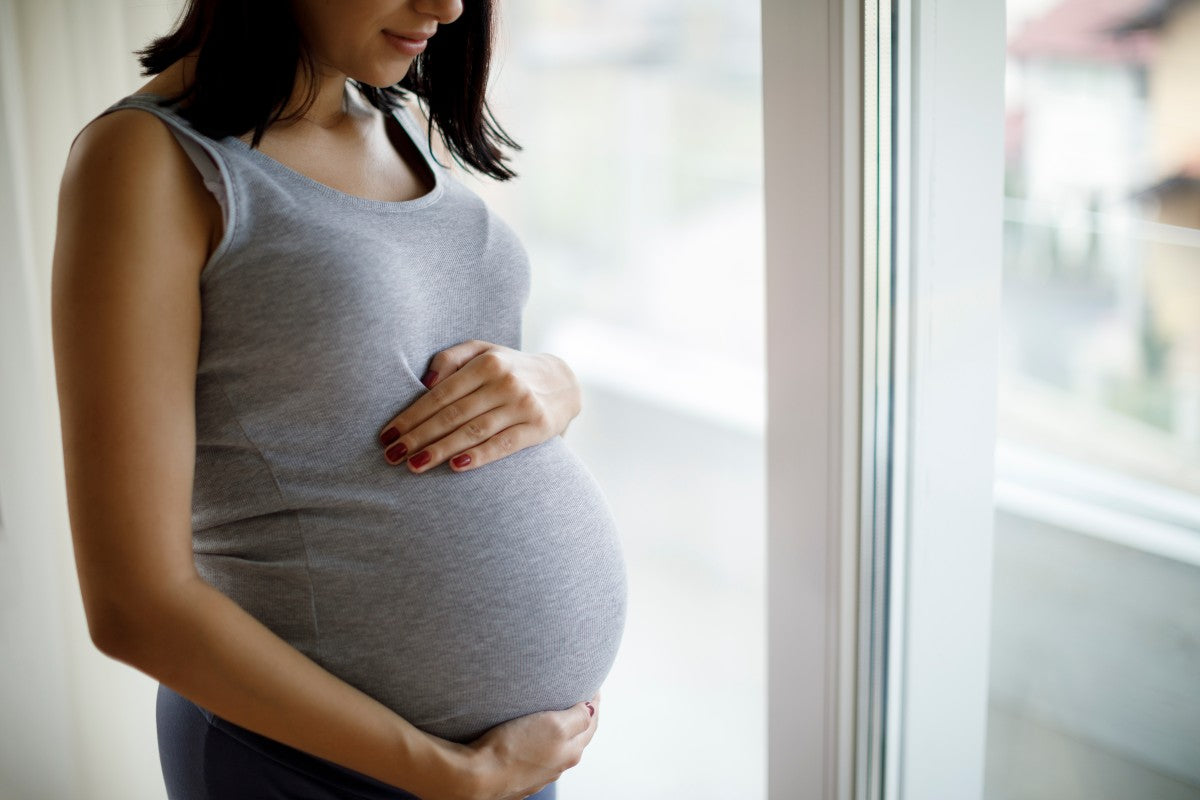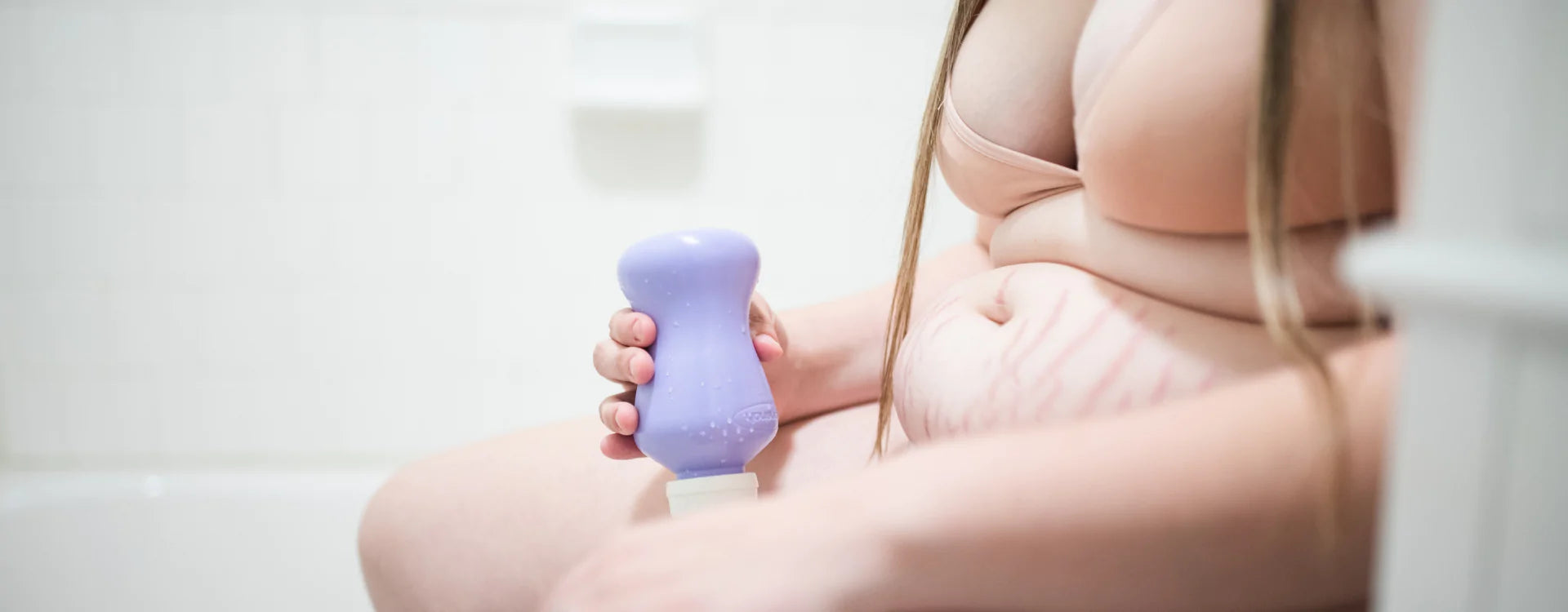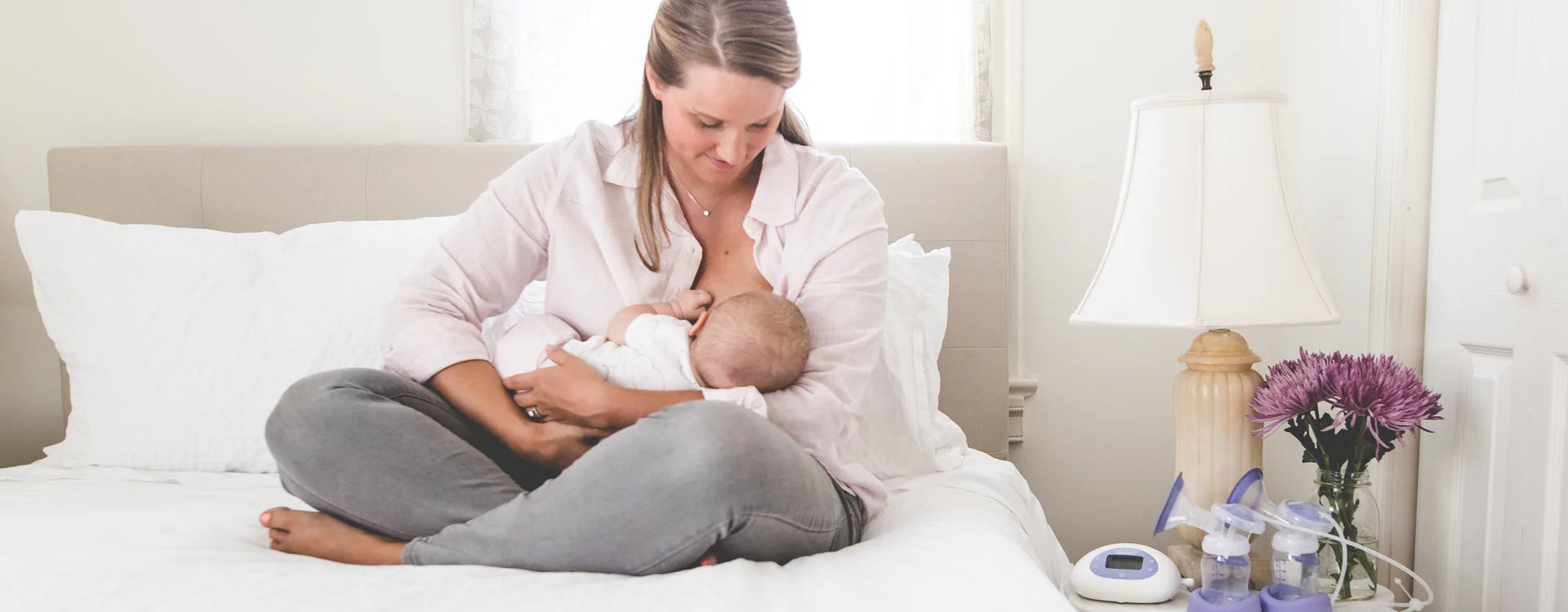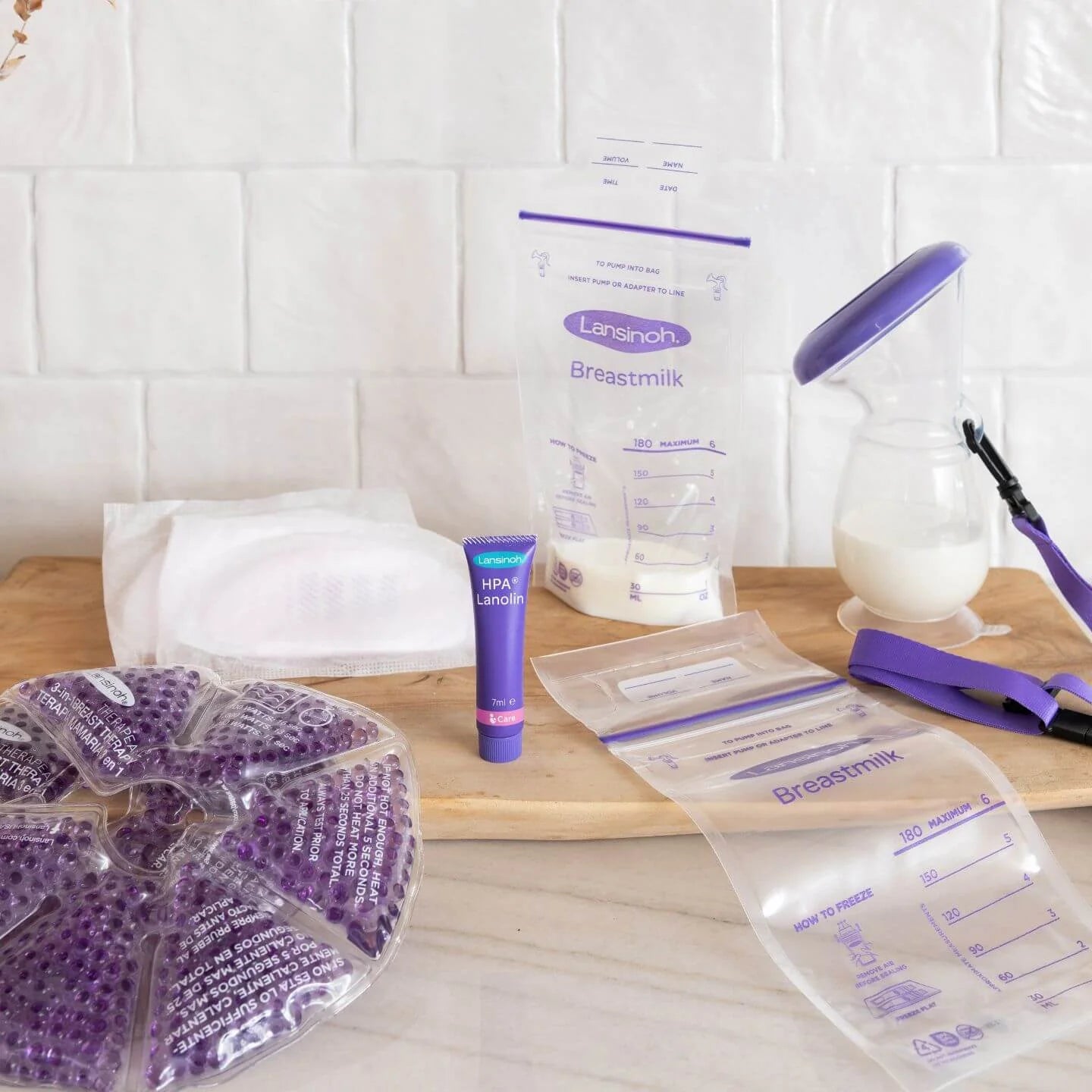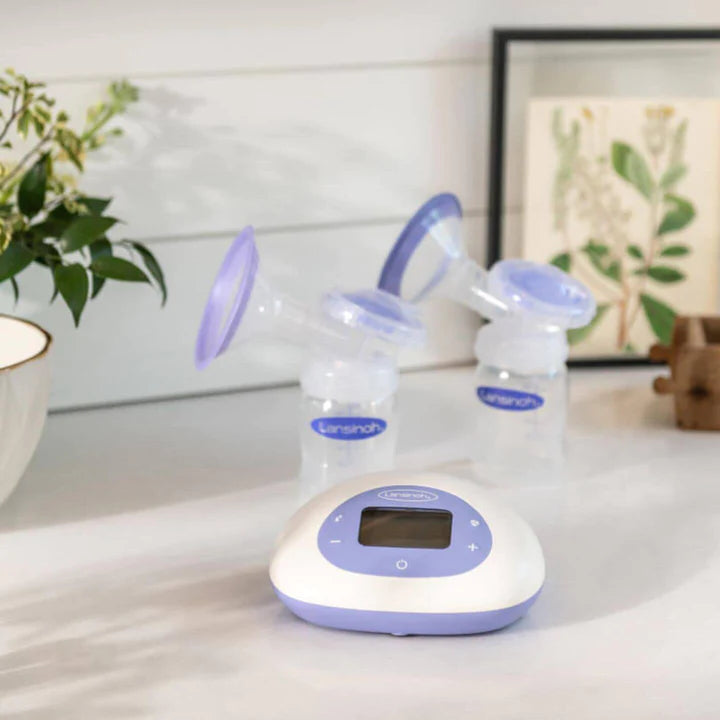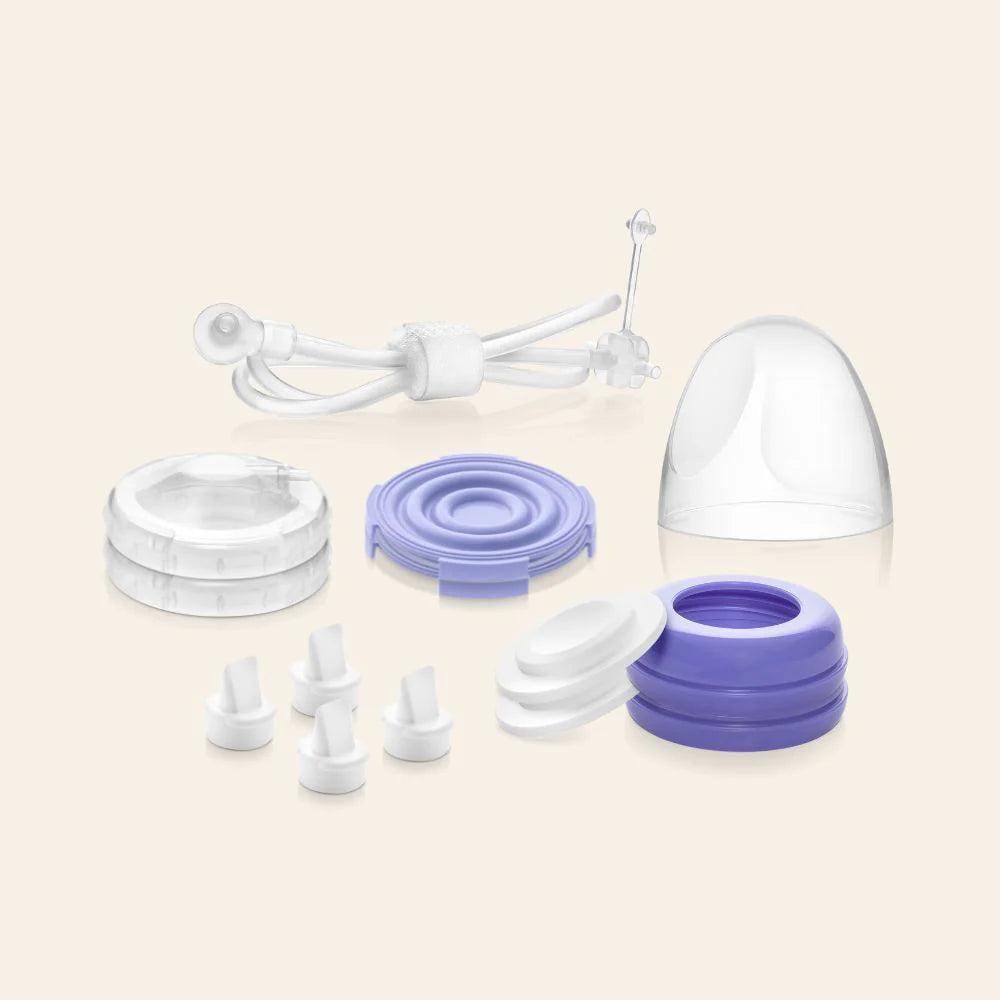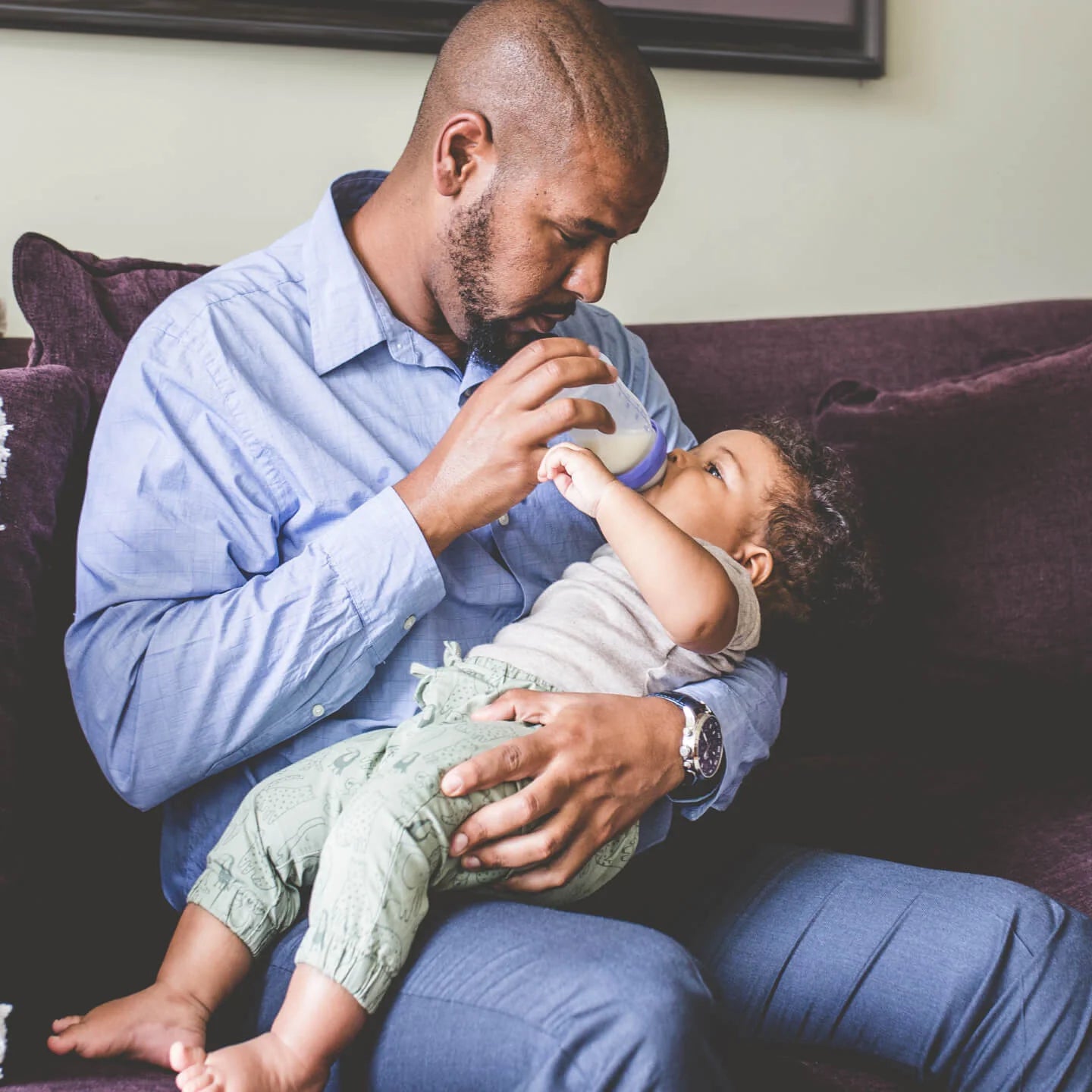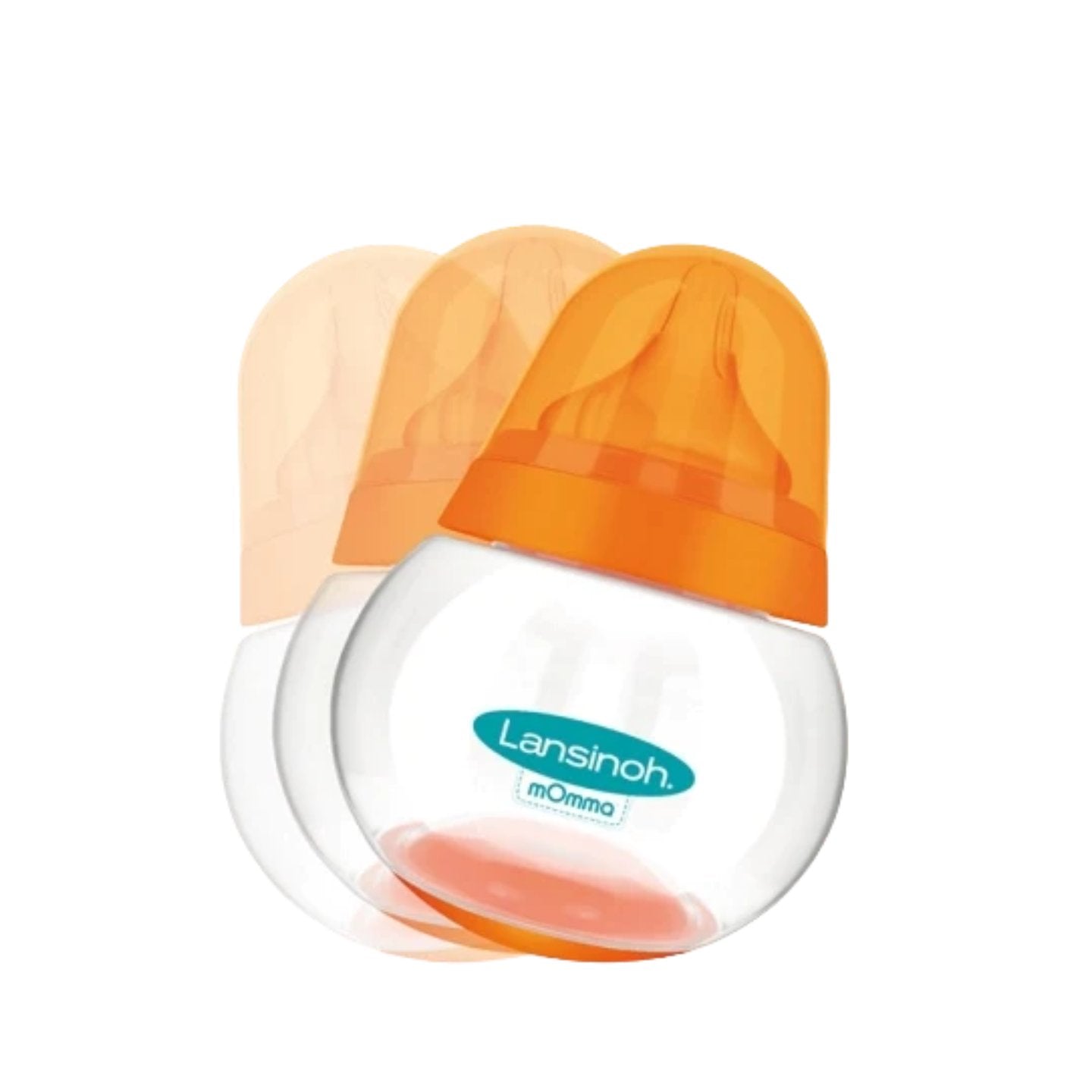Your baby is constantly wiggling inside your belly right from the moment of conception, but that doesn’t stop you asking “when will I feel my baby move?”.
When does baby start kicking?
The reality is that only from around 16 to 20 weeks can you start feeling your baby kicking, and what an exciting feeling it is!
This sensation is often referred to as “quickening”; it may feel like a fluttering of butterflies or a light tapping in your stomach. Sometimes these movements can be confused with pregnancy side effects like wind or hunger pains.
The strength of a baby’s kicks is different with every mum and the very first movements of your baby will only be a slight feeling of fluttering. Essentially, the bigger your baby grows, the stronger the kicks will get.
Why do I feel flutters in my stomach?
Factors that will affect the strength of the kicks include the position of your placenta, the position of your baby itself and the amount of fat around your stomach. There will be times your baby is kicking, and you won’t even notice.
Why is my baby kicking so low?
Quite simply, some babies will kick a lot more than others, but it’s often nothing to worry about. It may just mean you have a calm and quiet baby, which could be a good thing.
Remember that in the first trimester, you won’t feel any kicks as your baby is too small.
If at any time you are feeling worried that you haven’t felt your baby kick for a while, try eating some peanut butter or drinking a glass of orange juice and lying down. After 20 minutes or so, you should start feeling your baby kick. If this is not the case, you need to call your doctor or midwife. For more information of what foods to eat or avoid during pregnancy, check out our pregnancy diet guide.
You may think that reduced kicks are a sign of labour or lack of room as the baby grows. This is untrue. The baby should never stop kicking when approaching labour, if that is the case, they are in a distressed position, indicating danger. You should immediately consult your doctor who would be able to assess the baby’s wellbeing.
Baby movements - Important things that all mums should know
Movement may be fairly erratic until around 24 weeks when a consistent pattern should become more obvious. If you have not felt your baby move by this time, let you midwife know and she will refer you for a well-being scan.
There is no set amount of movements that is ‘normal’ for an unborn baby, so it’s important to get to know their individual pattern. It’s common for people to think that 10 movements a day is adequate, but that has been proven to be an inaccurate way of monitoring movement. For an active baby who usually moves 40 times a day, 10 movements would be a significant decrease.
Movement should be recorded in episodes, not each individual movement you feel. For example, five minutes of constant movement counts as one episode of movement.
Your baby’s movements will gradually increase until around 32 weeks when they will plateau but NOT reduce. The type of movement that you feel may change; as your baby gets bigger, stretching movements are more common, but the pattern should remain the same.
Always call your midwife straight away if there is a significant reduction or increase in your baby’s movement or if you ever feel uneasy.
How to tell baby position by kicks
Your baby’s kicking location will be able to give you an idea as to where your baby is positioned. Positions babies could be in are:
- Transverse position: your baby is laying sideways with their head on either the right or left side
- Breech position: your baby is head up with feet and bottom down. There are different types of breech positions with feet near the face, knees bent, or foot positioned on the cervix.
- Vertex position: your baby is positioned with its head at the bottom and feet upwards. This also consists of various positions with baby facing your spine or your belly.
Looking for more pregnancy advice? Take a look through our advice articles to help you through every stage as a mum-to-be. Feel free to also check out our newly launched birth preparation and recovery range, developed to provide relief during and after birth.
